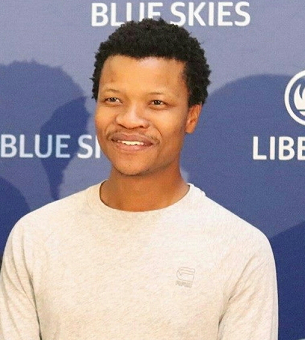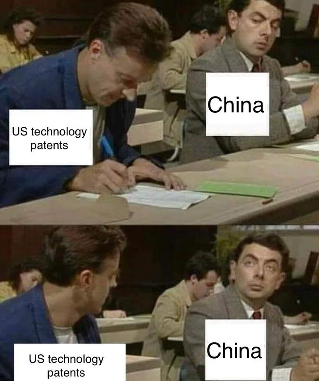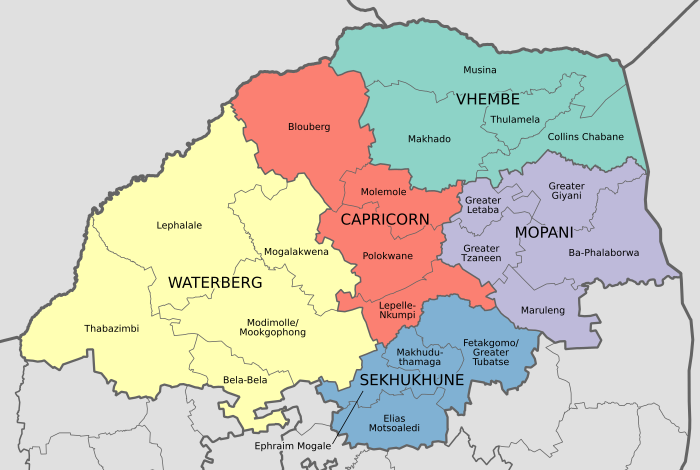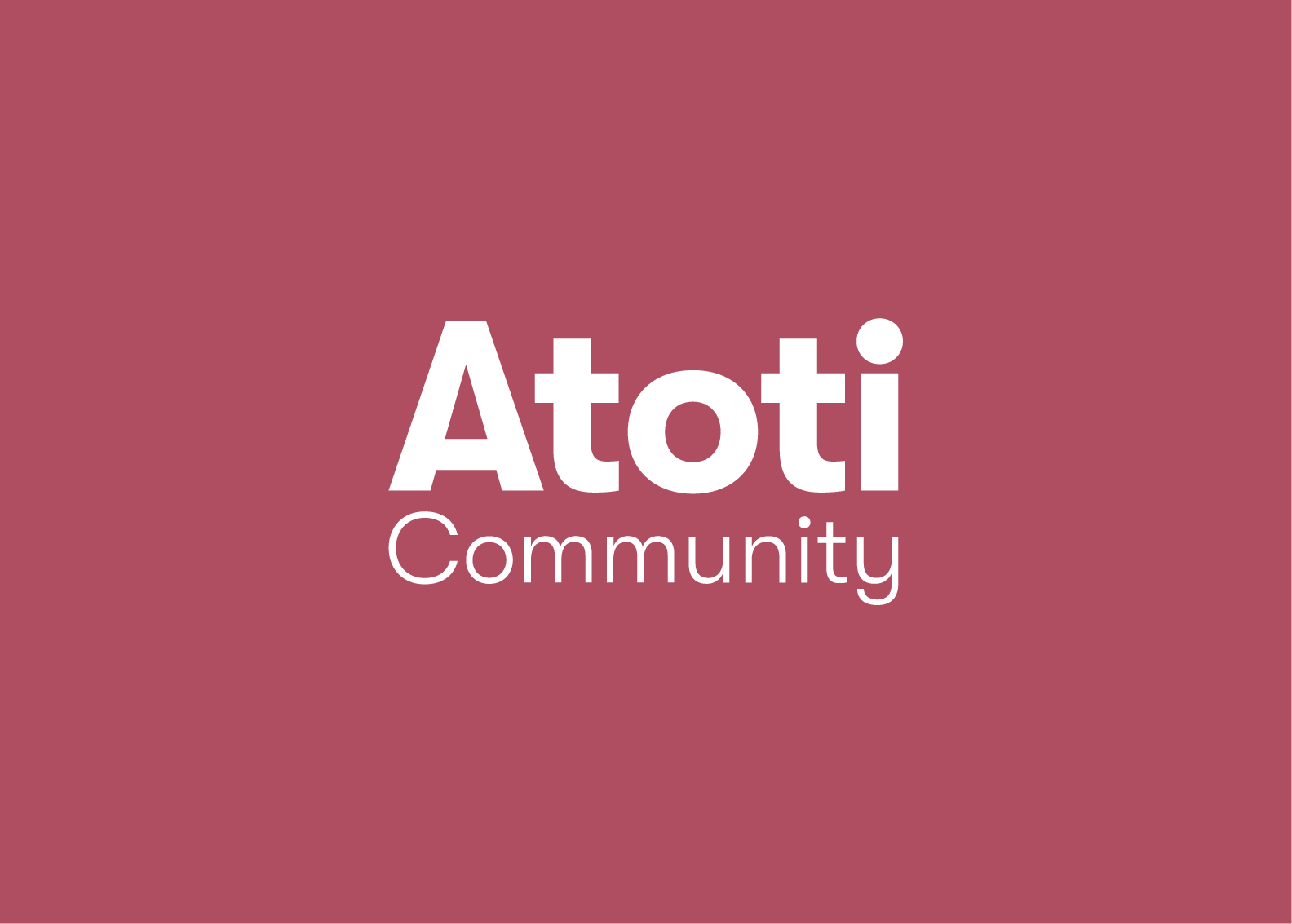Exploring ways to improve Africa’s digital landscape with Mabu Manaileng
As the old Chinese saying goes:
Give a man a fish, and you’ll feed him for a day.
Teach a man to fish, and you’ve fed him for a lifetime.
Big tech has been heading to Africa in recent years, as reported by Forbes Africa. This inevitably creates job opportunities for the locals. Which, on a surface level, sounds great. Some people think that the tech giants recognise the continent as a source of innovation and talent. Others believe that Africa is mulling the taxing of Big Tech.
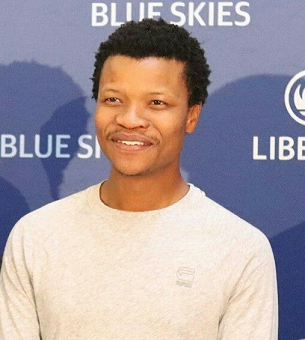
Mabu Manaileng (who has a Chinese name 马奔腾) looks up to China on how they cultivate innovations. Follow us as we speak about his concerns and hopes surrounding the arrival of these tech giants and learn how he contributes back to the community that he originated from.
Huifang: After reading your article “On the deplorable relationship of South Africa and Big Tech companies”, I can feel your anguish about losing the Google AI Lab to Accra, Ghana. You attribute this to the high data cost in South Africa. But others see taxing tech giants as a way to get out of the economic crisis caused by COVID-19. What are your views on this?
Mabu: I’m just speculating here and talking completely based on my immediate response and personal opinion.
What I’m worried about is that when big tech companies come to Africa, it’s for the expansion of their sales to MEA (Middle East and Africa). This created less sophisticated jobs such as salespeople and cloud support engineers for cloud solutions, managers for data centres or administrators for products and so on for the locals. However, the products are built by the top researchers in Silicon Valley. The sophisticated skill sets used to build these products is what we needed.
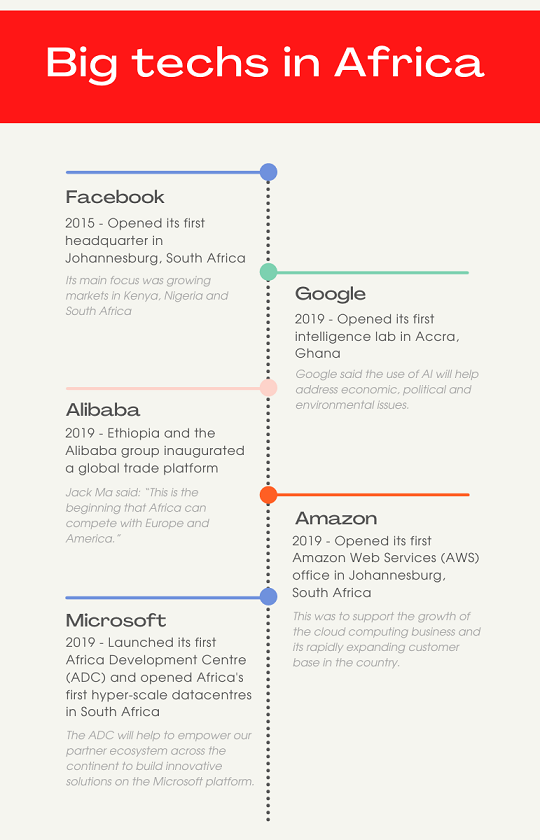
So, my argument is that when the tech giants come to Africa, they must come with the intention of providing knowledge development and not just enhancing their attempt to sell their products.
Africa is not the cleanest in corporate governance. We don’t know where the taxes collected from big companies will go because it will probably end up funding corruption somewhere else.
Money can get stolen through corruption but the vital knowledge instilled in the people cannot and will never be stolen.
The type of aid that Africa needs is not the monetary kind that most non-African countries assume. What Africa needs is technological hubs like the Google AI Lab that allows people to become the key thinkers of knowledge. These people, in turn, can help to make other people into producers of knowledge and start innovating. They could be the people who’ve founded startups that solve problems in Africa with the knowledge that they learnt.
By taxing these companies so heavily, it’s less likely to incentivize technological hubs to arise. We Africans need to change our focus and say to big tech companies that we can only give them incentives if they develop our people in a certain manner.
Huifang: Is Africa late in the field of artificial intelligence?
Mabu: I studied China a lot and it is very inspiring. One of the things I loved to hear is that China has officially surpassed the US in the number of daily publications in artificial intelligence on the arXiv.
Kai-Fu Lee wrote a book named “AI Superpowers: China, Silicon Valley, and the New World Order”. He tries to talk about the dynamics of the US versus China. There used to be the ‘copy mentality’ where Chinese companies are copying the American ideas and products, to reproduce them.
But that trend is now dead. Now you have companies like ByteDance which come up with TikTok, a product that Americans have never thought about in the social media space. Now, it’s the other way round. Instagram and Twitter went ahead and copied them.
It’s actually possible to get a big chunk of the global industry just by entering the market with your own innovations rather than following the trends and selling the products of other countries. AI doesn’t respect the late mover advantage very much.
Huifang: Let’s take a deep dive into African Data Science, based on the project by your mentee, Kusasalethu Sithole. Looking at the spread of Education degree across the Kaggle data scientists, do you think it is necessary to have a college/university degree to be successful in data science?

Mabu: My personal opinion is that it should not be.
Most people might interpret it as though I’m saying you don’t have to be educated to do data science, but the point is you don’t have to go to university to be educated.
As a technical lead, I conduct a lot of interviews. I evaluate a candidate based on the job that he or she is going to do. Sometimes the job doesn’t actually require a college degree, as long as the person is capable of pulling and writing codes collaboratively, setting up pipelines etc. Certificates don’t matter.
European countries and maybe even China, have gone past the stage of using data science. They are at the stage where they are building data science, producing the knowledge that powers the data science field itself.
Unlike these countries, Africa is still in the early stages where we are the consumer of knowledge in data science. Hence, it’s a misconception that we need all these skills to be successful in data science in this continent.
My first job as a data scientist required a master’s degree and they liked that I did AI. However, what they truly wanted was the experience in using data pipelines that you put in a database and a bunch of Excel spreadsheets. They were just paying a lot of money for my college qualifications and not my skills. It’s frustrating that big corporations don’t acknowledge that they don’t have work that requires those fancy degrees.
Huifang: Conceptually we can understand as a hiring manager, you look out for the capabilities of candidates more than their certifications. However, before getting to you, the candidates have to go through the Human Resource team’s screening process. How do you think you can help those without degrees to make it into corporations?
Mabu: People in corporations should be inclusive of the data scientists that don’t have college degrees. This applies to data scientists who don’t have a college degree or someone who started earlier.
One of my mentees is a 15-year-old machine learning engineer. He didn’t have a college degree because it wasn’t the time yet. So do we give him a job or do we not?
People should be open to ideas such as internships for these people to try out the job. But it is also the responsibility of the data science practitioners to ensure that they understand their craft in order to be incorporated properly.
We label people as data scientists, machine learning engineers but honestly, you don’t become a machine learning engineer just because you have a Coursera certificate. When you secure an interview without a degree, we were also setting our expectations. So you need to be ready with your technology stack for the grilling.
Practitioners in corporations should also have open conversations with the management to share the trending research and type of skill sets etc. When you start making valid points, people become more open. HR will cross-check with us on the calibre required for the hiring.
As a guiding principle, stop making analysts do machine learning and stop making machine engineers do the analyst job.
Together, we need to evolve toward collaborative decision-making and remove the silos where HR makes decisions alone.
Huifang: I read about the Masemola Young Professionals (MYP) that you have been volunteering with for many years now. Could you tell us more about MYP?
Mabu: I come from Limpopo and there’s a district there called Sekhukhune which has a bunch of villages. Masemola where I come from is one of the biggest villages in the district.
It is super rural. My high school didn’t have a lab or a library. It was built by the community themselves just to get their kids educated. At some point, we ran out of Math teachers and I had to actually teach Math and stuff like that.
People who made it out of the village and became somewhat successful professionals wanted to give back to the community. MYP is a non-profit organization where we try to identify gaps in the community and we try to fill these gaps by offering our advice, assistance and sometimes, fundings to the community.
There are smart children from poor families who can’t afford 4,000 Rands to register for university; someone who doesn’t have shoes to go to school with, uniforms or textbooks that they can’t afford. As a working professional, we probably have spare budgets that could help others along.
We don’t always need too much money to help people. 300 Rand to me is like the cost of a Uber trip but to someone else, it could be a month’s worth of groceries.
Huifang: What is the most satisfying feeling that you get from the six years you were with MYP?
Mabu: I have had the chance to help a young girl with her education when she was lost. I’m proud that she graduated with a distinction. She’s helping her family and also trying to help other people. As they say, charity begins at home.
I chose to take a bet on this person and she really showed up. Now we have groomed one extra professional that could help groom many more.
Ubuntu is an open-sourced operating system on Linux. In Africa however, Ubuntu is the community-centric way of raising families. Not many people return to the community that raise them. Take time in your professional career to look back and reflect. Maybe home is where all the potential lies.
If you have missed the first part of our interview with Mabu, check out how he is trendsetting AI and ML in Africa.
